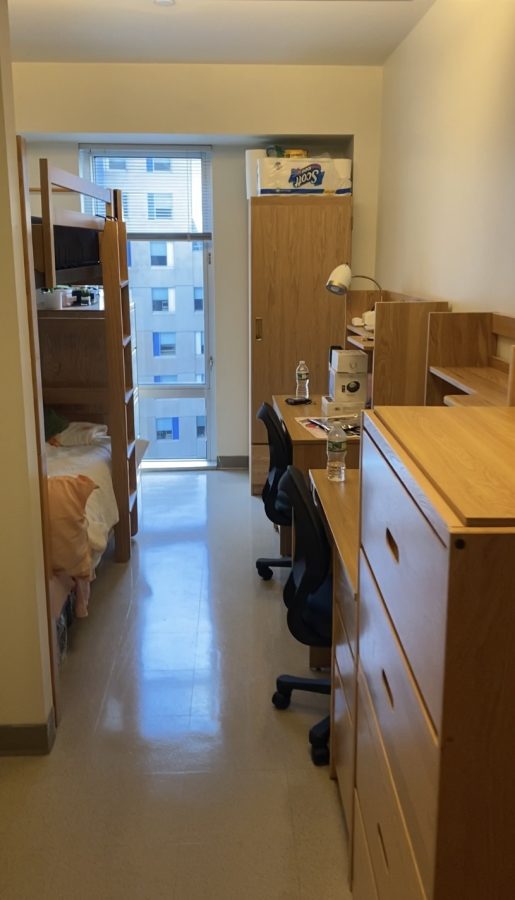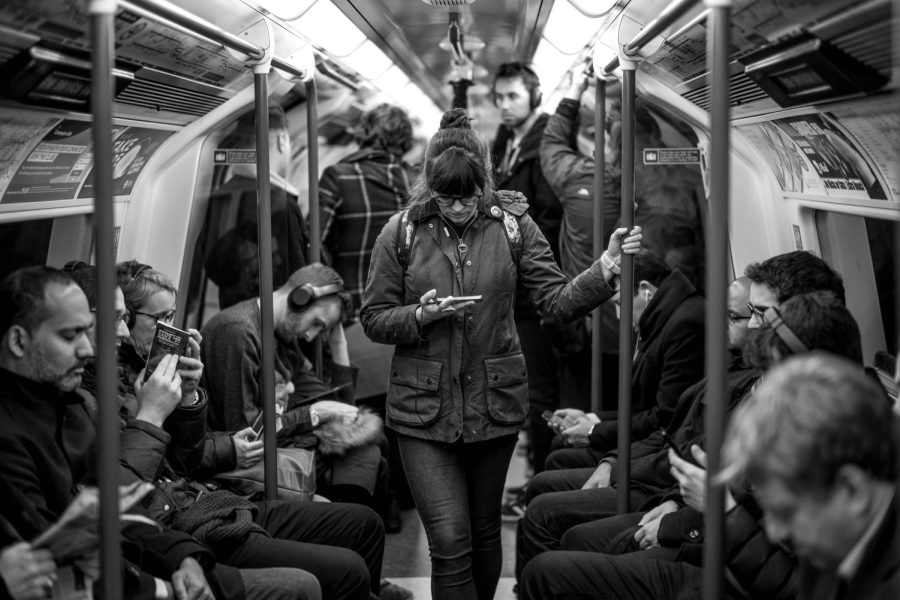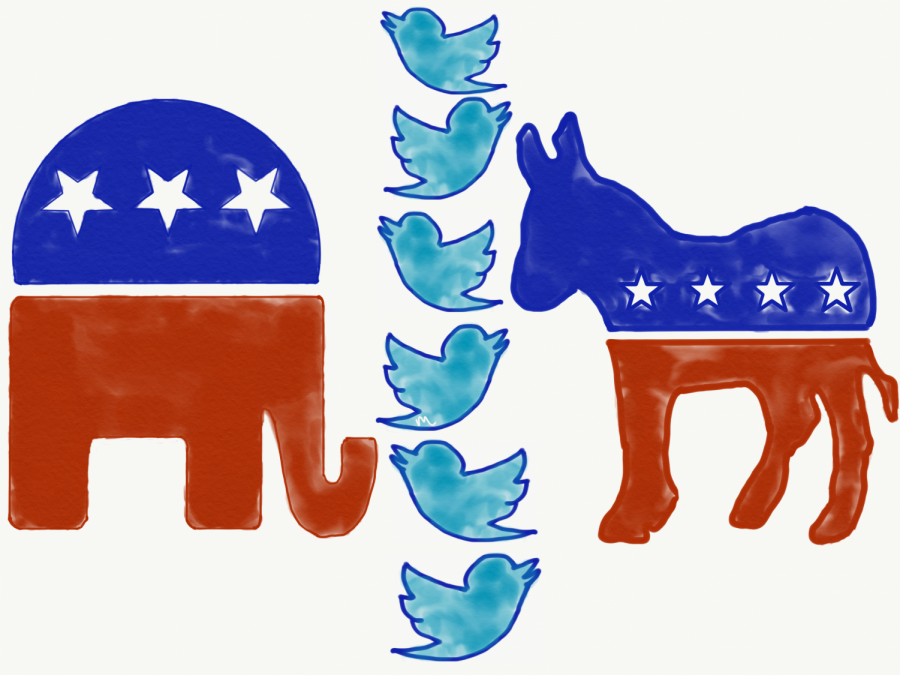By Gwen Schanker, Editorial Columnist
Today, social media, cell phones and tablets allow us to remain continuously connected to our internal world. We’re living in what’s known as “the digital age,” characterized by photos of teenagers with their noses buried in their phones and movies about cyber battles. As handheld technology has evolved, its usage has increased exponentially, but the joyful embracing of “selfie sticks” and live tweeting quickly warped into concerns about becoming over-connected and the dangers of Internet Addiction Disorder.
It’s true that any given group of people – adolescents or otherwise – enjoying a meal together are more likely than not accompanied by their phones, strategically placed on the table beside them so that they can keep an eye out for texts. However, the news items that claim the ever-present technology takes away from the level of conversation are unfounded. Keeping your phone beside you at the table doesn’t take away from reconnecting with a long-lost friend, reminiscing during an anniversary or spending time with family. Those who proclaim the evils of smartphones at the table overlook the fact that mobile phones can actually enhance an evening: having an at–your-fingertips trivia game or photo slideshow from a recent trip can be a great conversation starter.
Even more baseless is the claim that we’re losing touch with our manual lives – reading fewer books, using handwriting less and typing more, using exclusively electronic to-do lists. The ratio of people reading on the subway versus those that are plugged in is surprisingly even, and many college students still use hard-copy planners. It’s not just the Luddites who aren’t ready to give up on hard-copy books to make room for Kindles and iPads – it’s people of all ages and walks of life, and furthermore, reading a book on a Kindle doesn’t take away from the integrity of the text itself. For those times when only hard copy will do, it doesn’t seem like Barnes and Noble is going anywhere anytime soon.
By far the most prevalent is the claim that the advent of new technology is having a negative impact on human relationships. The changes are undeniable – in today’s world, it’s possible to make plans without actually speaking, and you can find out where someone is simply by checking their most recent Facebook status or tweet. Those changes may have consequences, but many of them are positive. Modern technology allows for stronger, more frequent communication in long-distance relationships, and Skype and Facetime allow for visual communication between friends, no matter how far apart they are. The constant communication and smartphone usage in today’s society has been labeled as scary, but it may actually be key for many relationships around the globe.
Another common topic of discussion among technophobes is how the number of people talking on their phones or listening to music – on the train, walking down the street, at a restaurant – are losing the importance of living in the moment for the sake of being “somewhere else.” That may be true, but it doesn’t have to be a bad thing. There’s nothing wrong with wanting to reconnect with a loved one to distract from being in a crowded train car or to have the option to listen to a favorite song on the way to work. Being able to do those things isn’t ruining our lives – it’s enhancing them.
That’s not to say that those who praise the importance of “unplugging” once a day or for 24 hours each week are wrong. Distancing oneself from technology is an important and necessary exercise, because as positive as technology can be, once it becomes an obsession, the concerns of addiction and over-connection become real. It’s a fine line, but we don’t have to cross it.
Yes, mobile technology is changing the way humans interact. It’s affecting the way we communicate. It may even be impacting the way our brains work. But is it destroying relationships? Abolishing physical contact? Wreaking havoc on the human race? No. It’s part of the continually evolving industry of science and technology, and has the potential to play an important and positive role in our future.















